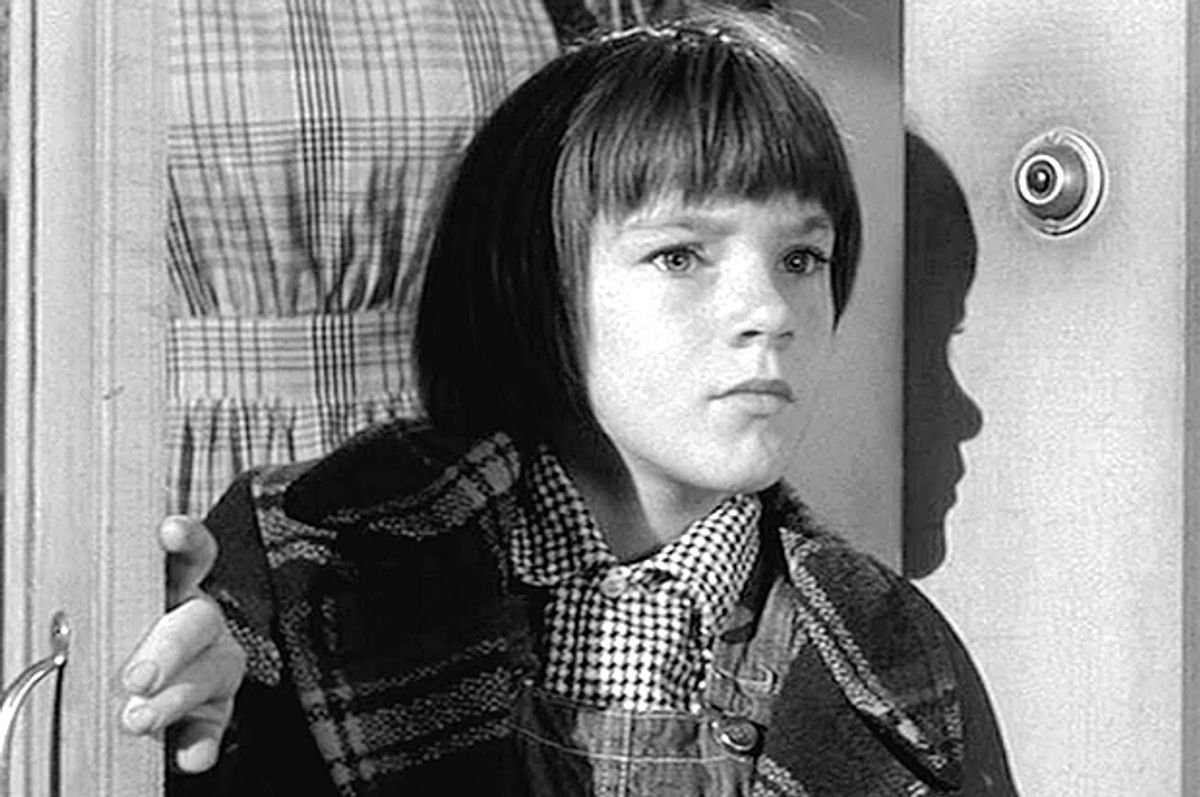I live in a small apartment and don't have a copious book collection, but I nevertheless own two copies of "To Kill a Mockingbird." There's the beautiful Folio Society edition I bought a few years ago as a special keepsake, because it's one of my favorite works of literature. And then there's the battered, grubby copy I first bought decades ago, the cheapest edition I could find — and the one my daughters would later read in time. It's a version that's now on its way to extinction.
As the New Republic's Alex Shephard reports Friday, the estate of the late author Harper Lee — who died three weeks ago at the age of 89 — has already moved to cease publication of the mass market paperback of her masterpiece. And according to an an email from the Hachette Book Group to booksellers dated March 4, "No other publisher will be able to produce the edition either, meaning there will no longer be a mass-market version of 'To Kill a Mockingbird' available in the United States." The New Republic adds, "The email contains a discount code for the mass-market paperback effective Tuesday, March 1, one day after Lee’s will was sealed."
"To Kill a Mockingbird" isn't going away, of course; Shephard notes that "HarperCollins publishes the trade paperback, hardcover, and special editions of To Kill a Mockingbird." Readers can also find the book at these incredible, little known places called libraries, where one can borrow a copy for a limited time and then return it, free of charge. But by cutting off the lowest cost option for getting a new copy — and of finding it easily at the airport or the train station or the big box chain store — the Lee estate is potentially making it harder for readers on a tight budget to get a new copy of their own. Even sadder, as TNR notes, "the disappearance of the mass-market edition could have a significant impact on schools," where it remains one of the most assigned books in the American educational curriculum. And the Hachette email remarks that "more than two-thirds of the 30 million copies sold worldwide since publication have been Hachette’s low-priced edition."
In the past few years leading up to her recent demise, the famously reclusive Lee found herself at the center of controversies over how aware — and approving — she truly was over decisions being made about her works. Her novel "Go Set a Watchman" — an early draft featuring the major characters of "To Kill a Mockingbird" several years later in life — was released in 2015 amidst a flurry of questions and investigation. Joseph Borg, the director of the Alabama Securities Commission, understatedly told the New York Times a year ago that Lee "seems to be aware of what is going on with her book and the book deal." Just last month, there was the announcement of a new Broadway production of "To Kill a Mockingbird" adapted by Aaron Sorkin — a choice many critics found peculiar. And an email message about the end of the mass market paperback describes the decision as "per the wishes of the author’s estate."
Is this all what Harper Lee would have wished for her book — and its readers, especially the schoolchildren who, every academic year for generations now, have come to her story new? I don't know. Is this latest move part of a bigger business decision to consolidate how Lee's works are distributed? Could be. But I do know that when I thumb through my own well-worn copy of a book I first found when I couldn't have been much older than Scout Finch, I find that I underlined an observation, written by Harper Lee in the voice of a child hungry for knowledge. "I could not help receiving the impression," she says, "that I was being cheated out of something."



Shares